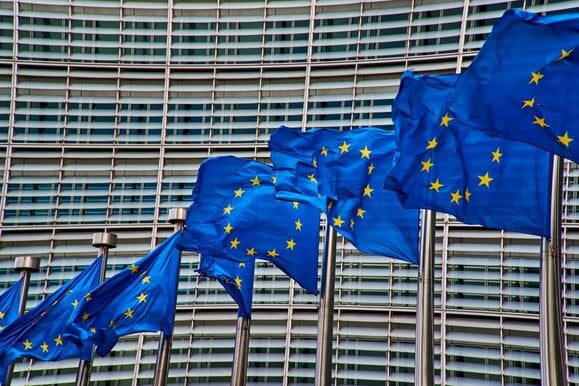Preparations for the future EU-UK partnership negotiation have accelerated in the EU institutions.
The EU’s UK task force presents this month a series of preparatory briefings to the Council. These will most probably reflect the negotiations directives the Commission will come out with in February. Usual procedure requires the Commission to present an impact assessment and to organise a public consultation (see European Commission note). In the past, the Trade Advisory Group was created and used by DG Trade to consult with civil society and industry representatives. Nevertheless, the group stopped working last year and is pending a Commission’s decision on its future mandate; but most likely the Trade Advisory Group will not tackle the future EU-UK negotiation as DG Trade is no longer in the lead. Michel Barnier, the Brexit chief negotiator, will therefore have to decide on how to involve stakeholders in the discussion. Taking into account the tight timetable, it might well be possible that stakeholders will not be consulted via a public consultation at all. In previous trade negotiations, the Ombudsman had a played a prominent role concerning transparency and went as far as requesting the Council to publish documents and details of the negotiation.

Member States representatives will participate this month to nine Article 50 working parties, discussing a wide range of subjects related to the future EU-UK relationship. The level playing field will be covered on January 14. The purpose of a level playing field is to avoid unfair competition, for example through lower standards (e.g. environmental, labour standards). A draft negotiation position is expected in the first week of February, which will be adopted by the Council later in the month. Diplomatic sources say it will be mainly based on the Political Declaration yet remain very high level. Concerning the level playing field, EU’s demands are expected to match the provisions in the Irish Protocol. This is seen as a baseline below which the EU will not go. The structure of the future agreement – whether it will be a (non)-mixed agreement – is also a thorny issue which Commission will clarify during the briefing session on January 21.
On January 21, the International Trade Committee of the European Parliament will hold a vote on the Withdrawal Agreement (followed by a vote in Plenary on January 29), and then continue with a discussion on the future relationship with the UK. This will pave the way to a resolution aiming at influencing the negotiation mandate, expected to be voted on by the Plenary in the week of 10 February.
Negotiation rounds with the UK should begin early March. The European Council summit on June 18-19 is seen as a pivotal point, indicating if there is any chance to agree on a basic agreement on trade, fishing rights and security by the end of 2020.
European Commission, note on “Negotiating EU trade agreements”
Trade Advisory Group page
Timetable – UK task force preparatory briefings to Council
The Guardian article (December 2019)
European Parliament, International Trade Committee agenda
Ombudsman on trade negotiation transparency